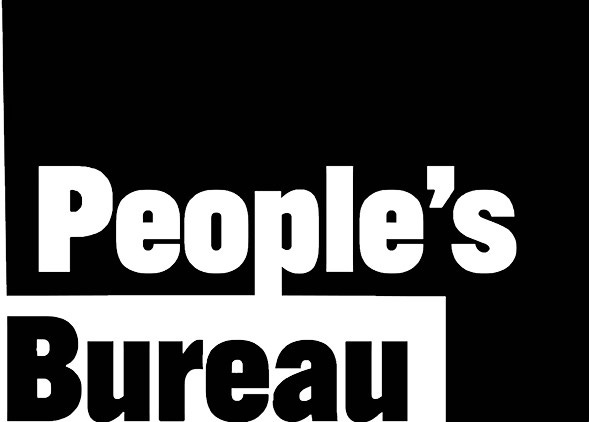🗳️IA02: Democrat Rita Hart drops 1st commercial
Meanwhile, Republican Miller-Meeks thinks CAFO moratorium bill a sufficient cudgel against the farmer.

IA-02 – Approximately, 390,000 people go to work in Iowa’s 2nd Congressional District. By far the largest industry is educational services, and health care and social assistance which employs 106,014, according to the U.S. Census. The sector employing the third-lowest number of people in our district is Agriculture, forestry, fishing and hunting, and mining at just 9,530.
In the race to replace Dave Loebsack’ seat, you might find it surprising how much hay has been made of agriculture.
One of the first videos the Rita Hart campaign produced had her leaning on the yellow seed bin of a planter: “Paul and I are getting ready to plant and we’re also planting the seeds for a campaign for the United States Congress.” And this morning, the Hart campaign released her first TV ad narrated by her daughters saying their mother is a “Farmer, teacher, and community leader.” In that order.
Why quibble with messaging when things are going pretty well for the campaign. After a sleepy, unopposed primary, Hart's second-quarter filings showed she handily outraised Miller-Meeks, ending the quarter with more than twice as much money as her opponent had on hand, the Press-Citizen previously reported. Individuals provided 74% of her second-quarter contributions, with 20% coming from groups such as political action committees.
Political handicappers call this district purple — evidenced by both Presidents Barack Obama and Donald Trump’s success. However, after a Register poll showed Joe Biden competitive in state Trump won handily by 10 points, groups like Sabato’s Crystal ball adjusted their calculations. A confluence of funding advantage and Biden’s seeming success up-ticket, led it to adjust their 2019 tossup rating of IA-02 to “Leans Democratic.”
Maybe it’s working and I should go back to sleep, but since the primary ended, a battle-worn Miller-Meeks decided that the Farmer from Wheatland’s biggest liability. Miller-Meeks is an ophthalmologist but feels she better understands the plight of our district’s farmers.
And she has support. Miller-Meeks' campaign announced at the end of June that a coalition of more than 100 farm and agribusiness people had endorsed her campaign, including Iowa Secretary of Agriculture Mike Naig, who is a Republican.
This week, the campaign released a TV ad saying "new rules, red tape and limits on production" proposed under the Farm System Reform Act would shut down family farms in Iowa. And you know supports ideals? Rita Hart.
As you can imagine, the bill is more complicated than that. It’s true that it would add rules, red tape and limits on production. It’s also true that it’s aimed at reversing the consolidation trend in American farming.
Between 1988 and 2015, the four largest biotech companies' share of the corn seed market increased from 51% to 85%, according to a 2019 report from Center for American Progress, a left-leaning think tank. Between 1980 and 2015, the number of hogs slaughtered by the top four largest meatpackers increased from 34% to 66%, according to a report from Food and Water Watch.
While there are still a good number of independent farms in areas like Iowa’s 2nd, the consolidation of seed providers and meat processors has left them with less-and-less competitive market to take their crops to. This means lost dollars and cents for farmers who have no choice but to source their seeds from a dwindling number of manufacturers. And that means their costs represented in that slab of bacon at the supermarket is thin.
This trend towards consolidation leaves farmers with less options making our food system more dependent on megaproducers like Tyson. To see the power they wield in our politics, we need only look at the latitudes they’ve been given to deal with COVID-19 outbreaks. The underreporting of numbers. The reports of conditions in these plants. This is what long-term dependence on these huge producers looks like in headlines.
This dependence was a worry I heard from farmers I covered in Muscatine County. It is the same worry I’m hearing in Johnson County. Farmers want to grow food and make money doing it. They want to protect the beauty and quality of Iowa’s farmlands.
The trend of concentration means fewer people will be connected to the farm industry. It’s already a small part of our workforce. But if this is the sector that will receive so much bandwidth, it seems like a farmer running for the district would talk more about the price of that dependence and not just take a blow for supporting the “principles” of a bill taking a swing at fixing it.
Your friendly neighborhood reporter,
Zachary Oren Smith



